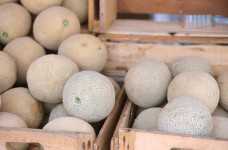Attorney Says Listeria Liability Should Be Shared In Tainted Cantaloupe Case

In a recent blog post in the Food Poison Journal, William Marler, a leading foodborne illness attorney, agrees with the U.S. Attorneys office that criminal sanctions were appropriate against brothers Eric and Ryan Jensen of Jensen Farms. In 2011, at least 147 people got sick and 33 people died from consuming the farm’s listeria-tainted cantaloupe that entered the marketplace.
Last week, the brothers were charged with six counts of introducing adulterated food into interstate commerce and aiding and abetting.
Marler went on to say that he urges the U.S. Attorney to consider bringing criminal charges against the retailers involved and the auditor. “These retailers set the specifications for the ‘fresh fruits’ and ignored them,” he explained in the blog post. “These retailers required audits that they knew full well would generate a glowing inspection, all the while ignoring what was there to be seen. These retailers then used their market power to squeeze the supply chain of any profit that could have been invested in food safety.”
Ultimately the entire food chain needs to be held accountable, but could these criminal charges against the grower — or potentially those in the distribution chain — set a dangerous precedent? Read more on why this could hurt growers and damage the locally grown movement.









